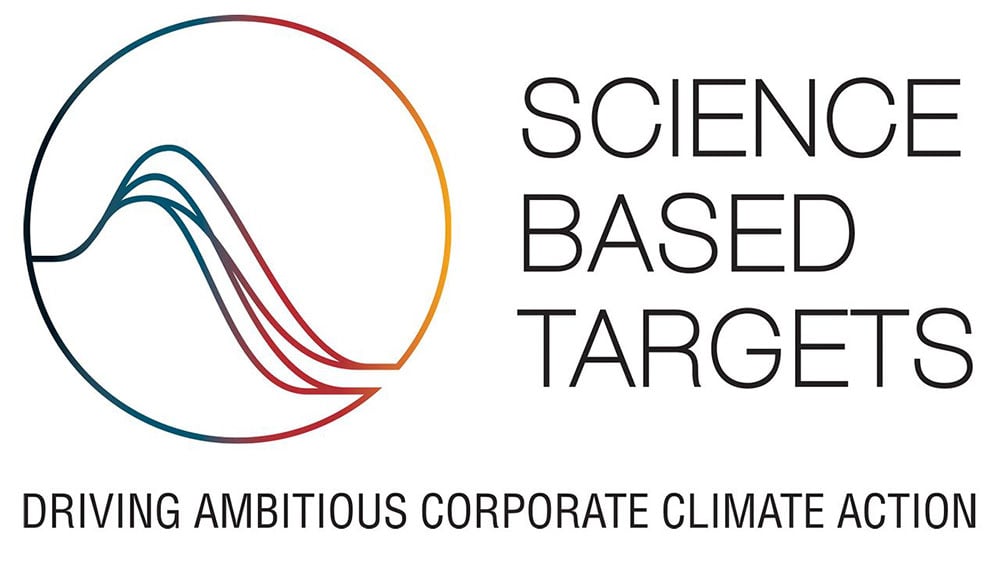Science-Based Targets (SBTs)
A roadmap for success, rooted in science
With Trident’s support, embrace science-based targets and be a catalyst for positive change in your industry and beyond. Start by downloading our comprehensive carbon reporting guide.

What are science-based targets?
Science-based targets provide a clearly defined pathway for companies to reduce greenhouse gas (GHG) emissions, helping prevent the worst impacts of climate change and future-proof business growth. All with the end goal of achieving net zero.
Targets are considered ‘science-based’ if they are in line with what the latest climate science deems necessary to meet the goals of the Paris Agreement – limiting global warming to 1.5°C above pre-industrial levels.

The science-based targets initiative (SBTi)
The science-based targets initiative (SBTi) is a partnership between the Carbon Disclosure Project (CDP), the United Nations Global Compact, World Resources Institute (WRI) and the World Wide Fund for Nature (WWF). Its goal is to mobilise the private sector, encourage urgent climate action and guide companies when setting science-based targets. Through rigorous assessment and validation, SBTi ensures that targets are ambitious, credible, and contribute significantly to combating climate change.
More than 4,000 businesses around the world are using the SBTi.
The benefits of setting science-based targets
Addressing climate change
Science-based targets align company emissions goals with current climate science, aiding the mitigation of climate change effects.
Enhancing accountability
These targets set benchmarks for measuring progress, improving accountability and transparency in reducing greenhouse gas emissions.
Competitive advantage
Adopting science-based targets showcases commitment to sustainability, attracting eco-conscious consumers, investors, and talent for a competitive edge.
Risk mitigation
Scientifically informed targets help companies mitigate climate change risks like regulatory shifts, physical impacts, and changing consumer preferences.
Innovation and efficiency
Science-based targets drive innovation, efficiency, cost savings, and sustainable technology development.
The SBTi criteria
The science based targets initiative (SBTi) approves targets considering ambition, scope, timeframe, boundary, credibility, and transparency, striving for net-zero emissions. Targets must match Paris Agreement goals, cover all emissions, set a clear timeframe, include relevant sources, rely on strong science, and be publicly disclosed. This ensures targets are ambitious, comprehensive, achievable, and transparent, contributing effectively to global climate mitigation efforts and the transition to a net-zero future.
How we can help
At Trident, we're committed to supporting businesses on their sustainability journey. Our team of experts specialises in implementing science-based targets tailored to your industry and organisational needs. From initial assessment to target setting and implementation, we provide comprehensive support every step of the way.

Science-based targets (SBT) & carbon reporting essentials guide
Carbon reporting is becoming increasingly crucial for businesses, especially with the rise of science-based targets. It not only diminishes environmental footprints but also enhances reputations and guarantees adherence to regulations. Our guide, Carbon Reporting Made Simple, provides comprehensive assistance, aiding you in measuring emissions and crafting reports aligned with science-based targets.
Download your copy of Carbon Reporting Made Simple today!
Contact us today
Speak to one of our SBT experts
Please select a date and time to schedule a free consultation. Discover how Trident can help you reach your sustainability objectives, which align with science-based targets.


